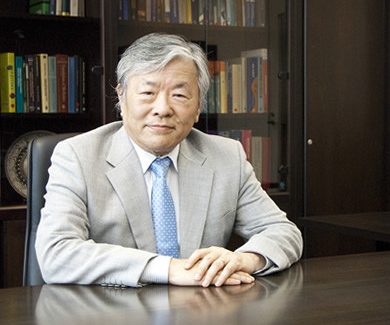Experimental Compound FRAX486 Reverses Signs of Fragile X in Mice

Sususmu Tonegawa, PhD
Principal Investigator
Mansuo Hayashi, PhD
FRAXA Postdoctoral Fellow
Massachusetts Institute of Technology
Cambridge, MA
2005-2006 Grant Funding: $81,000
Summary
With $81,000 in funding from FRAXA Research Foundation from 2005-2006, Dr. Susumu Tonegawa and his team at MIT studied the enzyme PAK to determine how it could be used for a treatment target. Results published.
The Results
FRAXA funded studies by Nobel Laureate, Susumu Tonegawa, investigating how the enzyme PAK regulates the shape and function of dendritic spines of neurons. Dr. Tonegawa’s team demonstrated that genetic reduction of PAK could rescue most signs of Fragile X in mice engineered to mimic the disease.
This essential proof of concept work was also the basis for a company, Afraxis. No specific PAK inhibitors existed at that time, so Dr. Tonegawa founded Afraxis to find useful drugs that inhibit PAK.
Results:
Rescue of Fragile X syndrome phenotypes in Fmr1 KO mice by the small-molecule PAK inhibitor FRAX486
This paper, published in the Proceedings of the National Academy of Science, showed that FRAX486, an experimental compound developed by Afraxis, inhibits all the PAKs in the brain. It also reversed most of the important Fragile X animal model phenotypes with a single dose!

